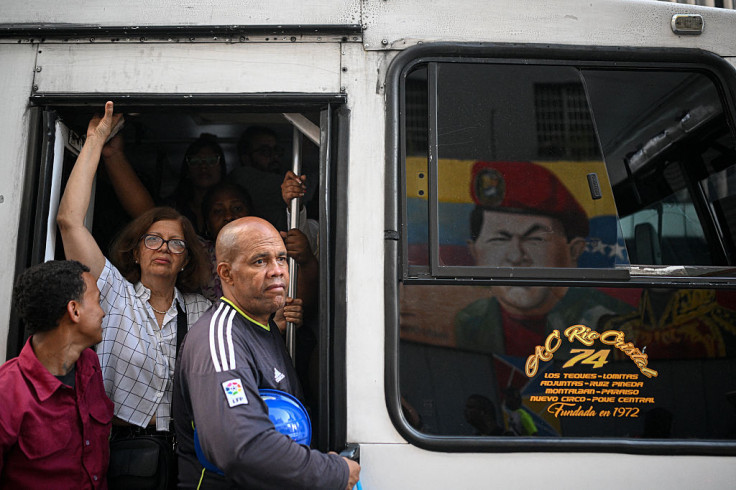
Venezuela's government has accelerated the prosecution of so-called "hate crimes," handing prison terms of 10 to 15 years in rapid trials as officials simultaneously promote a nationwide reporting system encouraging citizens to submit tips on alleged "terrorism," "drone observation," and other activities, as local site Caracas Chronicles reports
Human-rights advocates say the measures have intensified repression after the 2024 presidential elections which Nicolas Maduro claimed to have won despite the opposition and most of the international community claiming they were fraudulent.
Following the election, more than 2,200 people were detained on charges including terrorism, conspiracy, or hatred, mostly by Caracas anti-terrorism courts, as Caracas Chronicles reports. Activists, local party organizers, and journalists have also been detained, with rights groups have reported everything from forced disappearances, isolation, limited access to counsel, and denial of medical care.
The measures have only expanded in the last weeks as the United States increases military activity in the Caribbean and conducts lethal maritime strikes on suspected narcotics vessels. Venezuelan officials have framed internal controls as necessary amid external threats.
At least four Venezuelans were recently sentenced after actions that included printing T-shirts depicting a damaged Hugo Chávez statue, sending WhatsApp complaints about household gas delays, and sharing critical private messages. Trials were conducted without full due-process guarantees, according to local NGOs.
Alongside these cases, Nicolás Maduro has called for a 24-hour reporting channel integrated into VenApp, a government platform originally promoted for community issues. Maduro said users should report "everything they see, everything they hear," adding that the Armed Forces, Communal Militia Units, and Popular Bases of Comprehensive Defense would "participate."
Lawyer Martha Tineo, coordinator of Justicia, Encuentro y Perdón, told the news site that the combination of convictions and public-reporting tools expands vulnerability under the country's Law Against Hatred, which she described as broad and discretionary:
"Faced with such an ambiguous law (authorities can consider that a person committed a crime through that anonymous complaint. This is another step in a policy of political persecution, criminalization of dissent, to generate a climate of silence and fear"
Sociologist Lexys Rendón, director of local NGO Laboratorio de Paz, said the government has launched "a generalized systematic pattern of state action against anyone who dissents," noting that criticism is treated as treason. She said the system has encouraged self-censorship: "People are afraid to give their opinion... and this has been intentional."
Recent sentences include 15 years for activist Nelson Piñero; 15 years for Marcos Palma after a WhatsApp voice note about gas shortages; and 10 years for two women who printed shirts with the aforementioned Chávez statue.
Another woman, 44-year-old Verónica Andreína Rojas Soto, received 10 years after a private chat message; she was transferred directly to a women's prison the day of sentencing. In October, 22-year-old Randal Glendysmar Telles Peña was sentenced to 15 years over an AI-generated video.
© 2025 Latin Times. All rights reserved. Do not reproduce without permission.






